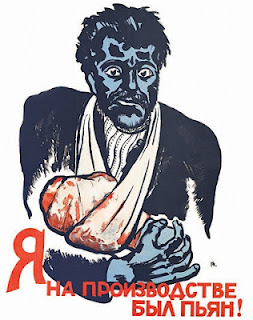A German company named Metascriptum contacted me to ask
if they could mention their services on Bieganski the Blog. I agreed to let
them do so. I know some amateur genealogists and others seeking keys to their
ancestors' pasts sometimes have old documents in the languages of Poland's
colonizers, including Russian and German. I cannot recommend this company,
because I have never worked with them, but this blog post provides information
for those who would like to explore their services. And so, from Metascriptum,
the following:
Old German Script Need Not
Fade
Old German script is difficult if not impossible for younger
generations to read. However, this does not mean that old documents need to
fade away into nonexistence or misunderstanding. There are many ways that you
can keep history alive.
Of course, one way to decipher these
documents is to learn the old script that was used prior to 1941. However, this
is a tedious task, made more difficult by the fact that the script is no longer
taught in traditional schools. Yet, you can still learn what your past family
has left behind. All you need to do is find someone that can transcribe or
translate the documents for you.
Family History Regained
One of the biggest
reasons people have documents written in old
German script is to regain pieces of family history and lore. It is
entirely possible that there may be stories in your families past that have
been lost because no one can remember them. However, if those stories can come
out in past personal letters, diaries, journals, and memoirs, you can regain
your family history and a sense of your own self.
There are
many different types of documents that may be found in the personal belongings
of family members past. Personal letters, journals and diaries, or manuscripts
may be found. It is entirely possible that you don’t even know what you have
because you cannot read the old German
script. Descriptions of property owned, business transactions, or personal
encounters may all be discovered by having these documents translated.
Discovering New Insights
Since
the old German script was faded out
during the Second World War, there are many things you may discover in your
family’s old papers. If you had ancestors that fought in the war, you may gain
new insight to military life in the Nazi regime. You could also learn about
your ancestor’s feelings about the war and about the German government of the
time. It could give you a fresh outlook on the war itself and on your family’s
part in it. This can give one satisfaction or disappointment, but it is
important to the history of your family and the world nonetheless.
If
you are so inclined, you could use the research gained from having old
documents transcribed to write a book about the time period. Or, you could
simply use the information to fill in gaps in your family history. Passing down
stories about your family to your children becomes much easier when you have a
full understanding of those stories from the perspective of those who actually
lived in those times.
Of course, the old German script was used long before the Nazi regime as well, so
you could uncover a wealth of family history and information by transcribing
documents that you find. You could learn about marriages and births in the
family, which could lead you in a totally new direction in your quest for
family history and genealogy. All in all, it can be very rewarding and
informative to have documents written in old
German script transcribed for current and future generations.
We
at Metascriptum
provide professional support for deciphering your documents written in old
German script and are happy to help you assist you in your research process.
The
Metascriptum website is here.


























